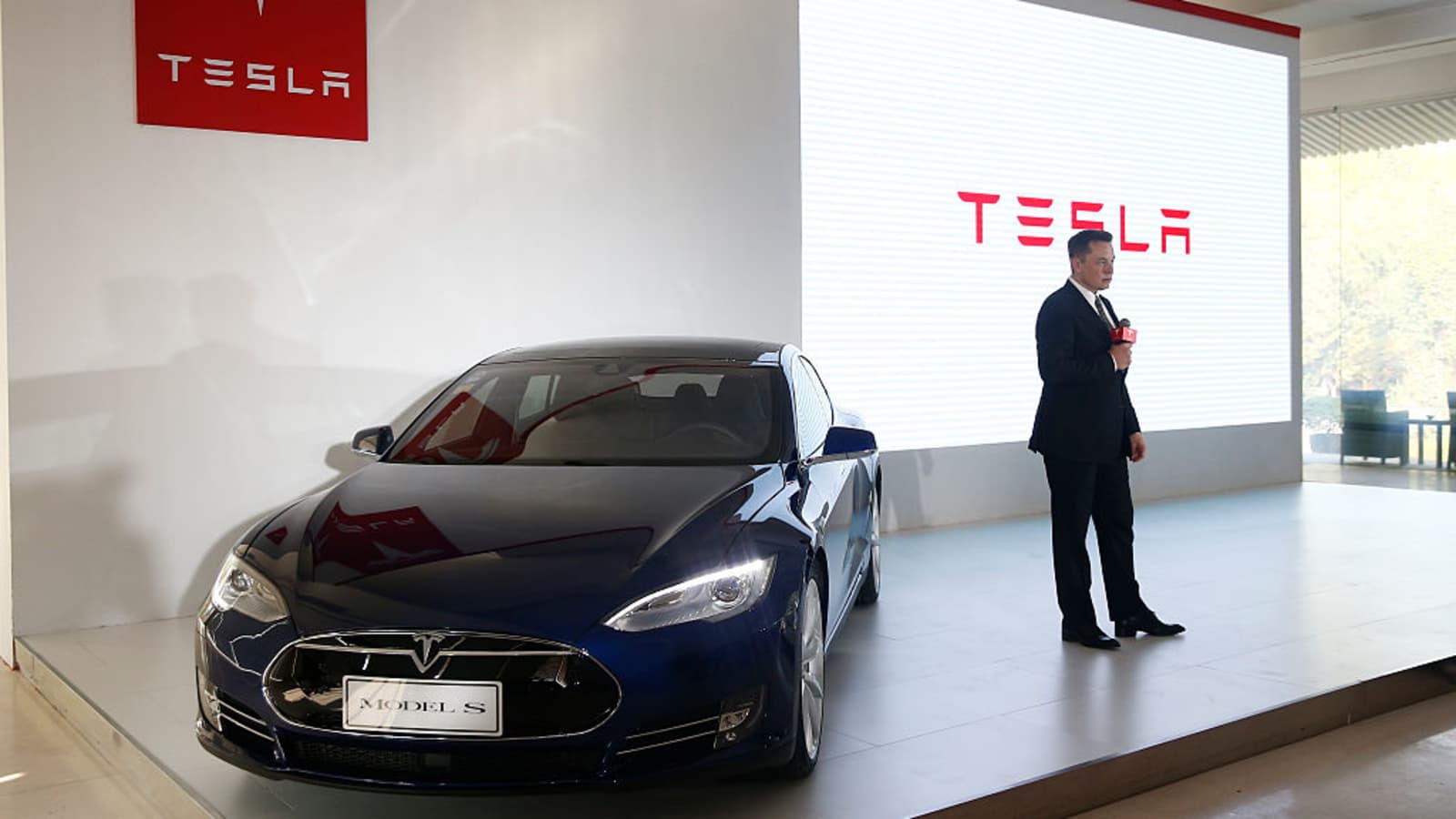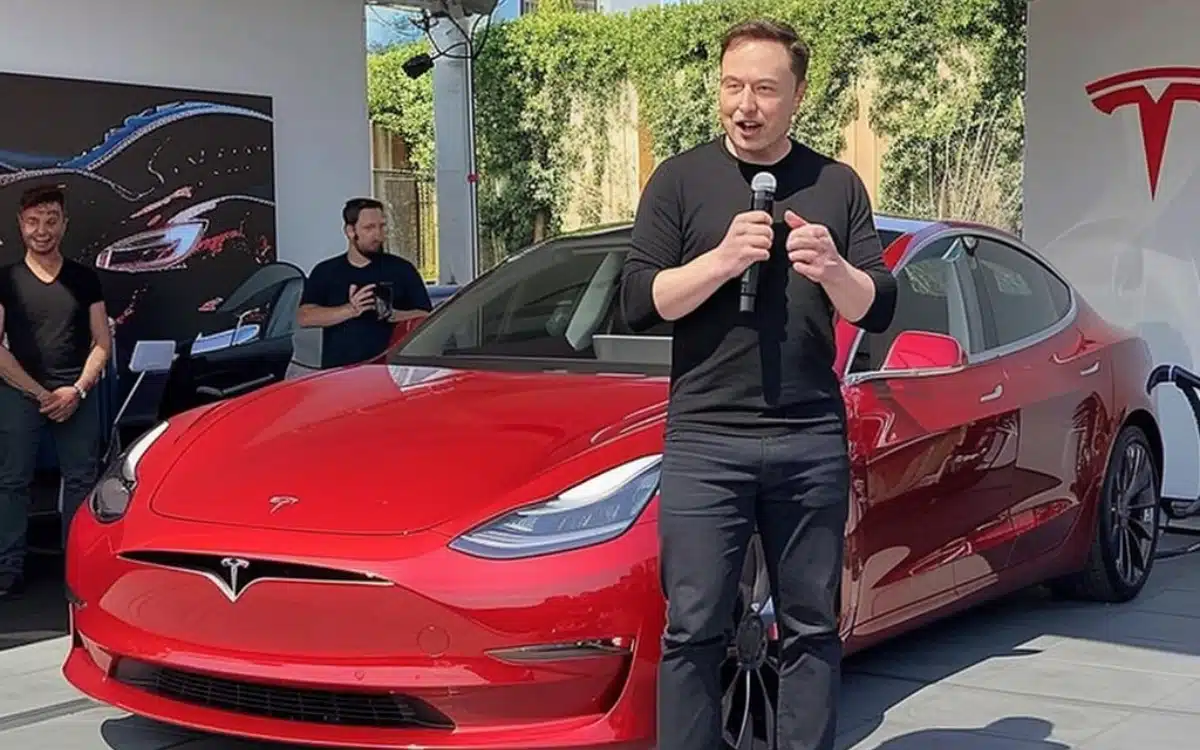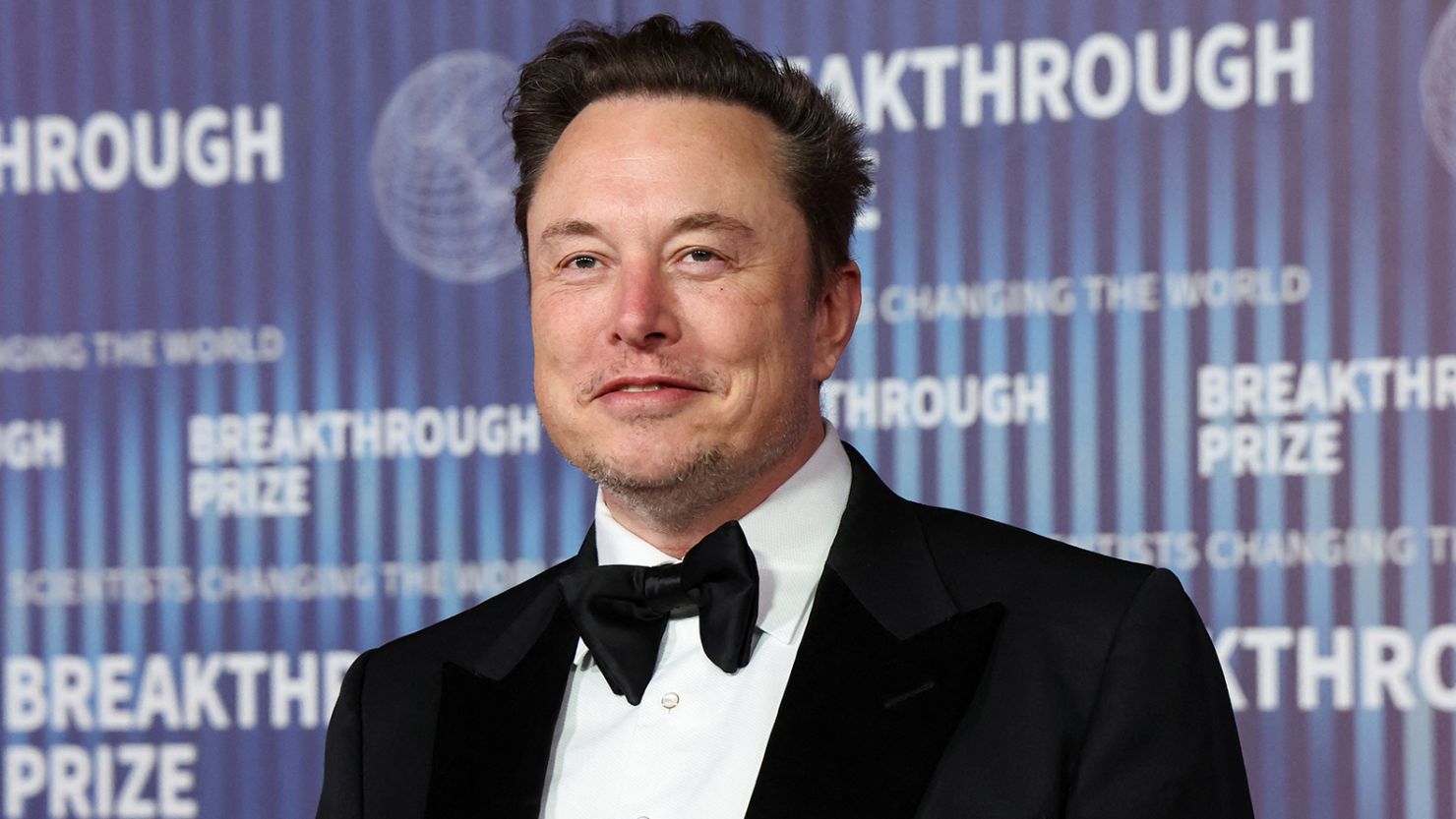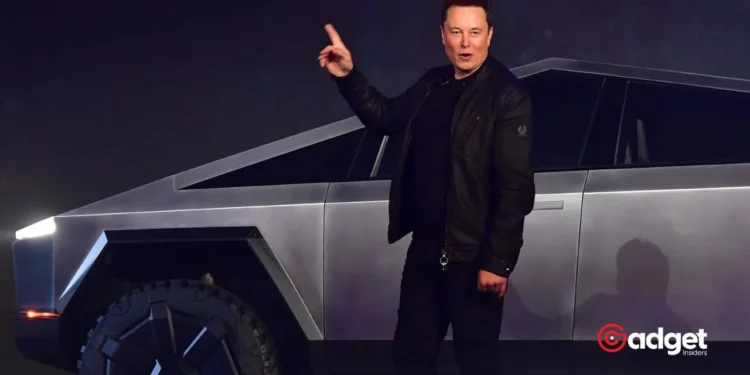Tesla, the pioneering electric vehicle manufacturer known for its ambitious promises of fully autonomous vehicles, is currently under the microscope of the U.S. Justice Department. Recent reports suggest that federal prosecutors are investigating potential securities and wire fraud involving the company’s self-driving vehicle claims.
This deep dive into the company’s assertions raises questions about the accuracy of the company’s communications with consumers, investors, and regulators, particularly those made by CEO Elon Musk.

The Heart of the Investigation
The investigation, spearheaded by teams in Washington and San Francisco, is not a sudden development. It began quietly in late 2021 and became publicly known by October 2022. The primary focus is whether the company’s executive team, including Musk, set realistic expectations about their autonomous driving technology.
Musk’s bold assertions that Tesla vehicles would soon be fully autonomous have been a cornerstone of the EV giant’s marketing strategy, despite frequent admissions that his timelines might be overly optimistic.

Tesla’s advanced driver-assist systems, such as Autopilot and Full Self-Driving, have been at the forefront of this scrutiny. Despite their names, these technologies do not grant full autonomy to vehicles. They require active engagement from drivers, who must keep their hands on the wheel and eyes on the road, contradicting some of Musk’s more ambitious claims.
Legal Implications and Consumer Safety
The legal concerns extend beyond just lofty promises. The core of the potential fraud involves misleading communications that could impact investor decisions and consumer safety. For example, the terms “wire fraud” and “securities fraud” are being examined concerning how Tesla communicated the capabilities and safety of its self-driving technology.
There have been numerous recalls and accidents, some fatal, involving the EV brand’s vehicles equipped with these systems. The most alarming of these led to a comprehensive recall affecting every vehicle sold, prompted by failures to prevent driver misuse and address previously identified flaws.
Additionally, the Securities and Exchange Commission (SEC) is also investigating the EV company’s disclosures, particularly how it has communicated the efficacy and safety of its autonomous driving technology to investors.
Range Discrepancies Under Scrutiny
Another facet of the investigation focuses on Tesla’s vehicle range claims. Customers have frequently voiced their concerns that the actual driving range of the cars falls short of the company’s claims.
This discrepancy not only frustrates consumers but also raises regulatory eyebrows about the truthfulness of the company’s marketing.
Tesla is being investigated for securities and wire fraud for self-driving claims. According to Reuters, the probe is looking into Tesla CEO Elon Musk’s claims in particular.
— Chris Kremidas-Courtney (@CKremidasCourt) May 8, 2024
Tesla’s Stance on the Matter
In response to the swirling allegations and ongoing investigations, Tesla has maintained a stance of compliance and cooperation. The company has acknowledged receiving regular subpoenas and requests for information from both the SEC and the Justice Department.
The company’s latest securities filings reiterate that, to their knowledge, no government investigation has yet concluded any wrongdoing on their part.

A Crucial Juncture for Tesla
As Tesla continues to navigate these legal challenges, the outcomes of these investigations could have significant implications for the company’s future, especially in how it markets its technologies and manages consumer expectations.
The unfolding scenario underscores the growing pains of innovating at the edge of technology and regulation, a reminder of the complexities that lie at the intersection of visionary tech ambitions and the pragmatic pathways of consumer safety and investor transparency.









